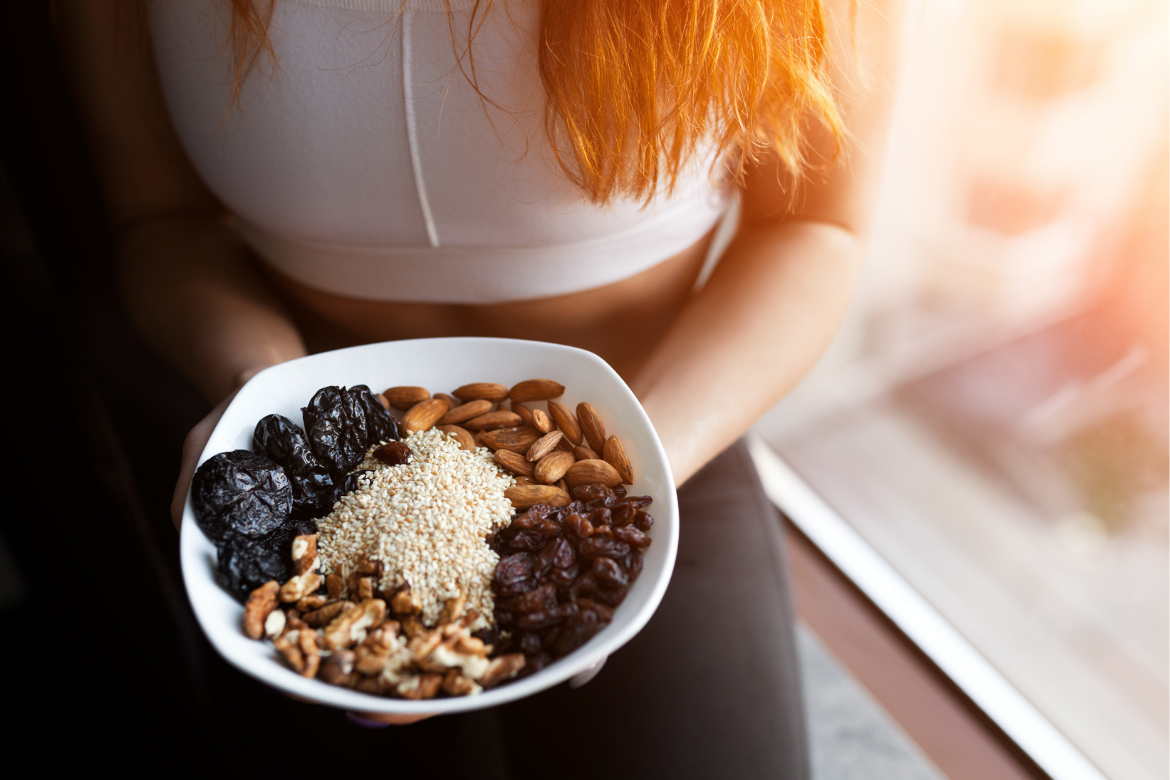
6 Ways Your Food Choices Can Help Lower Stress and Support Mental Health
by Counseling and Wellness Center of PittsburghOctober 21, 2021 Certified Nutritionist, dietician, dietitian, dietitian nutritionist, dietitian nutritionist near me, food for anxiety, food for depression, food for mood, healthy eating, healthy food, nutrition, Nutrition Counseling, Nutritionist, registered dietitian, registered licensed dietitian0 comments
There are no magic foods for boosting your mood. But when Registered Dietitian Kali Alrutz works with patients at the Counseling and Wellness Center of Pittsburgh, she often begins by telling them that a healthy diet can really help support their mental health, as well as their physical health.
Kidsburgh asked Alrutz for advice on how Pittsburgh families can use healthy food and drink to help...Learn MoreTherapy and Counseling, Treatment For Anxiety
by Counseling and Wellness Center of PittsburghMarch 15, 2018 anxiety, anxiety therapy pittsburgh, Certified Nutritionist, clinical herbalist, cognitive behavioral therapy, counseling, counseling for anxiety, counseling pittsburgh, generalized anxiety disorder therapy pittsburgh, licensed therapist monroeville, licensed therapist pittsburgh, mindfulness, Nutrition Counseling, Nutritionist, therapist, therapist in murrysville, therapy, therapy pittsburgh, wellness center monroeville, wellness pittsburgh0 comments
Treatment for Anxiety
Treatment for anxiety takes many forms, there are generally three main agreed upon and clinically verified methods to manage and reduce symptoms of anxiety. Counseling or Therapy with a licensed counselor or therapist is the first treatment route. The treatment route for this form of help can vary from short term, brief solution-focused counseling interventions as well...Learn MoreWhat is Nutrition Counseling?
by Counseling and Wellness Center of PittsburghJanuary 22, 2018 Certified Nutritionist, counseling, Emotional Health, integrative health, integrative medicine, mindfulness, Nutrition Counseling, Nutritionist, wellness0 comments
What is Nutrition Counseling? Liz Mckinney, Certified Nutrition Counselor in Pittsburgh and Monroeville explains a little bit about how this works to enhance your health and wellness.
What to expect:
One on one individualized nutrition counseling based on your goals and health complaints
Detailed analysis
Goal setting, coaching and working through barriers to change
A clear cut program...Learn More
Pittsburgh Nutritionist Counseling
by Counseling and Wellness Center of PittsburghJanuary 9, 2018 Certified Nutritionist, dietitian, Emotional Health, integrative health, integrative medicine, Nutrition Counseling, Nutritionist, registered dietitian, registered licensed dietitian, wellness pittsburgh0 comments
Please see the bios of our certified and licensed nutritionist to learn more about the unique styles and specialties of our in house registered nutrition specialist!
Kali Alrutz MPH, RD, LDN
Learn more about the locations and specialists who are here to help you in each of our counseling centers!
Counseling and Wellness Center of Pittsburgh
Counseling and Wellness Center of...Learn More
